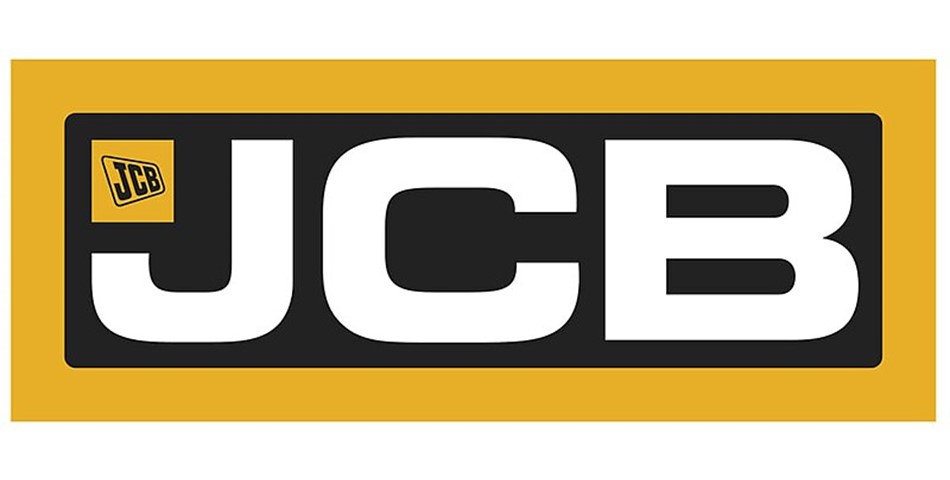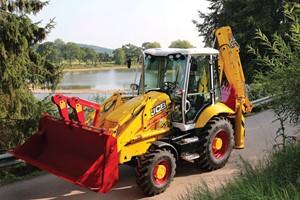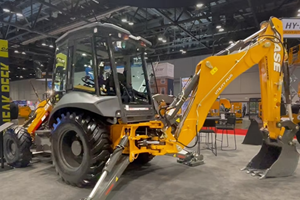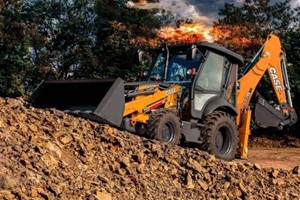On Monday, Nitin Gadkari, the Minister of Road Transport and Highways in India, unveiled a groundbreaking development in the construction industry – Asia's first construction machine powered by hydrogen, a project undertaken by JCB. The hydrogen-powered JCB Backhoe Loader, showcased in New Delhi, marks a significant step in reducing the carbon footprint within the construction sector. This initiative is part of JCB's substantial 100-million-euro investment dedicated to promoting environmentally friendly practices in the industry.
At the heart of this innovation is a hydrogen combustion engine, a technological marvel that promises to deliver power comparable to conventional engines but with the added advantage of zero tailpipe emissions. JCB has not only revolutionized the power source but has also addressed the practical challenges associated with hydrogen-powered machinery.
To facilitate the adoption of hydrogen equipment, JCB has introduced a mobile hydrogen refueling unit. This ingenious solution allows for convenient transportation of hydrogen directly to the construction site. The mobile refueling unit can be driven to the machine, enabling a refueling process similar to the conventional methods currently employed. This strategic approach ensures that the transition to hydrogen-powered machinery is seamless and user-friendly.
JCB, in its forward-thinking approach, has provided a compelling argument for hydrogen over electric power in certain construction equipment. The company asserts that, unlike electric batteries, hydrogen is better suited for machinery with high power demands, especially in remote locations where backhoe loaders and large excavators operate. Factors such as the weight and cost of batteries, along with the impracticality of on-site charging for heavy equipment, make hydrogen a more viable and efficient alternative.
"Hydrogen is the most abundant element in the universe," emphasizes JCB. Beyond its abundance, hydrogen motors employ technology akin to existing propulsion systems, making them robust, cost-effective, and adaptable to various powertrain configurations. JCB underscores the lack of complexity associated with hydrogen technology, positioning it as an ideal zero-carbon solution for customers. The seamless integration of hydrogen into their existing manufacturing supply chain further solidifies JCB's commitment to meeting the demands of a sustainable future.
By Sahil Kukreja
https://timesofindia.indiatimes.com/
Edited by Yehya Aoun














